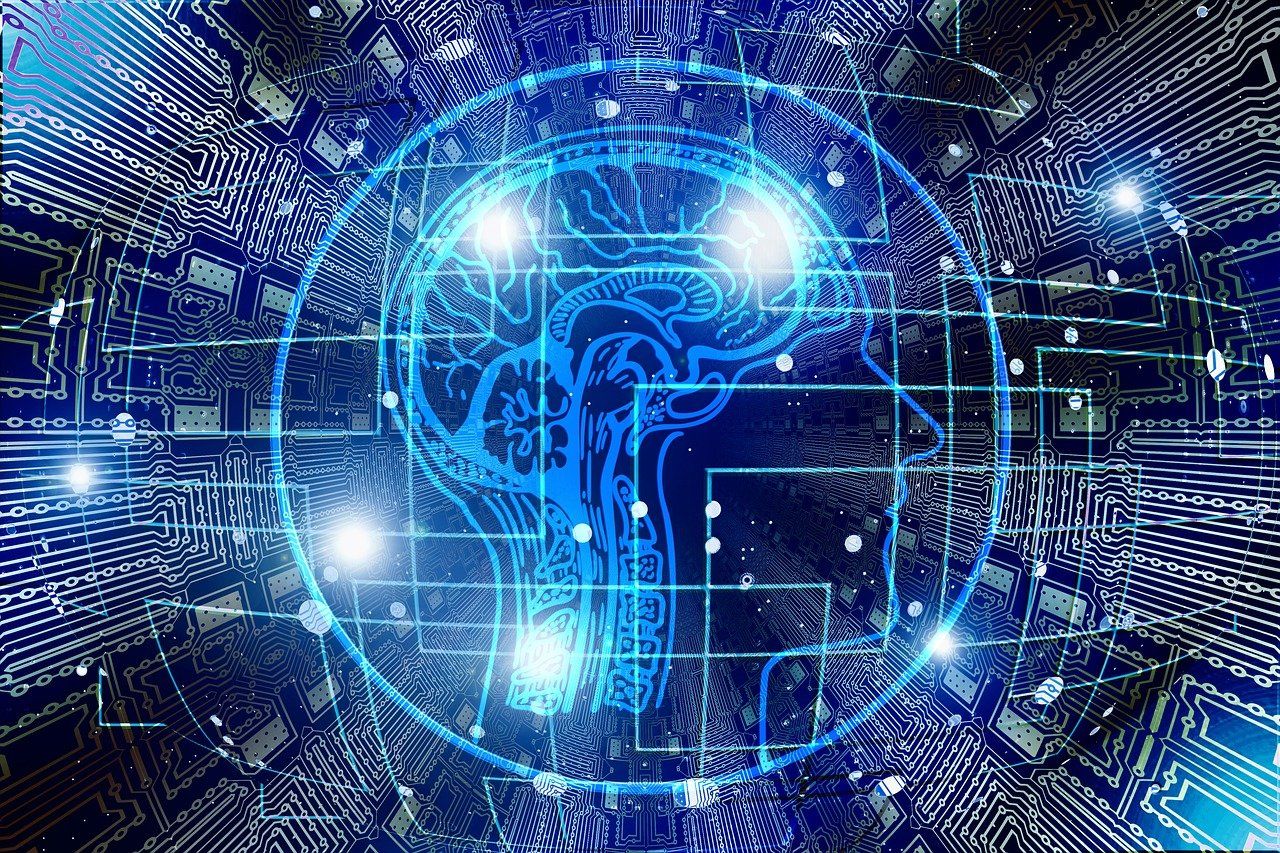AI tools have increasingly become a prominent presence in the vocational education field, offering both advantages and disadvantages that must be considered. The arrival of AI tools like ChatGPT has sparked discussions and raised questions about their impact on the acquisition of knowledge and assessment practices.
Advantages of AI Tools in Vocational Education:
- Accessibility and Convenience:
- AI tools can provide on-demand access to information and educational resources, making learning more convenient for students.
- They offer a personalized learning experience, adapting content to individual needs and pacing.
- Efficiency and Scalability:
- AI-powered educational platforms can automate administrative tasks, such as grading and assignment feedback, allowing educators to focus more on teaching.
- These tools can be scaled to reach a broader audience, helping address the demand for vocational education on a global scale.
- Enhanced Learning Materials:
- AI can generate high-quality learning materials, including text, videos, and simulations, that can supplement traditional classroom resources.
- These tools can help students gain a deeper understanding of complex concepts through interactive content.
- Individualized Support:
- AI-driven chatbots and virtual assistants can provide students with immediate assistance and guidance, fostering self-directed learning.
- They can identify areas where students are struggling and recommend additional resources or interventions.
Disadvantages of AI Tools in Vocational Education:
- Lack of Understanding:
- AI tools like ChatGPT generate responses based on patterns in data but do not possess true comprehension or critical thinking abilities.
- Students may not receive the depth of understanding and meaningful engagement that human educators can provide.
- Assessment Challenges:
- AI tools can raise concerns about assessment integrity. Students could potentially use these tools to plagiarize or submit work that isn’t their own.
- Traditional assessment methods like essays may become vulnerable to collusion and dishonesty facilitated by AI.
- Privacy and Data Security:
- Integrating AI tools into educational platforms involves the collection and storage of student data, which raises privacy and security concerns.
- There is a need for robust data protection measures to safeguard sensitive information.
- Teacher-Student Relationships:
- Overreliance on AI tools may diminish the human connection between educators and students, which can be crucial for mentorship and motivation.
Implications and Considerations for the Assessment Landscape:
- Assessment Evolution:
- AI tools challenge the traditional assessment methods, potentially leading to a re-evaluation of how students are assessed.
- Educators may need to adapt assessments to focus on critical thinking, problem-solving, and application of knowledge rather than rote memorization.
- Academic Integrity:
- Ensuring academic integrity is crucial. Institutions may need to employ new strategies, such as proctoring technologies, to prevent cheating facilitated by AI tools.
- Pedagogical Innovation:
- The integration of AI can encourage educators to explore innovative teaching methods that leverage AI’s capabilities while preserving the human touch in education.
- Ethical Considerations:
- Ethical discussions must continue to address issues related to data privacy, bias in AI algorithms, and the responsible use of AI in education.
In conclusion, AI tools offer exciting possibilities in vocational education, from personalized learning experiences to efficiency gains. However, they also present challenges, particularly in assessment and the preservation of educational quality. The future of vocational education should involve a thoughtful balance between leveraging AI’s potential and maintaining the core values of education, including critical thinking, integrity, and human interaction.
References:
5 Ways AI Supercharges Learning Experiences: Thought Industries
tryproofpositive.com/contact-us

